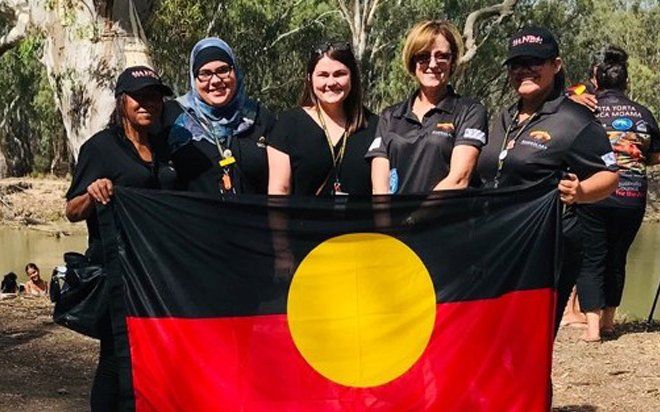Rumbalara: Engaging and connecting
Above: The ANFPP team in Rumbalara
“It has been a really difficult year - very hard in Victoria,” says ANFPP Nursing Supervisor Liz Eliason, talking about nine months or so of COVID-19 restrictions. “And this was just one initiative we did for our mums who were feeling particularly isolated. They knew that we were thinking about them. They tell us it really meant a lot – and that is so rewarding.”
The co-operative is based in Mooroopna, a rural town north of Melbourne, on the banks of the Goulburn River opposite the larger town of Shepparton.
The Women’s Health Week activity comprised a box of goodies and five envelopes containing a different activity for each day, which was a great success for mums in the in Mooroopna.
The envelope for the first day contained four inspiration cards, with clients choosing one, putting it in a prominent place and taking a photo to share. The ‘winner’ of that day received a yoga mat. The next day was two recipes for soup using the vegetables in the goodie box and clients sharing photos again - of kids helping with cooking in the kitchen and ideas for storing and freezing vegetables for future use.
Then came the ‘step’ challenge, says Liz, which actually lasted for 20 days, with the aim of completing 100,000 steps. Some mums have kept that challenge going with one mum, so mortified to realise how few steps she was taking a day, immediately instigating walking her older child to kindy at least once a week.
Friday revolved around health checks, encouraging the mums to make sure they book an appointment if it had been a while, while Saturday was Connect to Country. This encouraged clients to go out, acknowledge they are on Yorta Yorta land, take a photo or something beautiful, pay their respects, still their mind, and take in the beauty of nature around them.
A private Facebook page is also proving a huge success, says Liz. “It’s something they can log into at 2am when they are feeding, or when they have a few minutes to watch a video on nutrition, or other aspects of being a young mum. And they’ve discovered how much they enjoy sharing ideas, comments and photos with other mums.”
Liz has seen a massive increase in numbers and engagement since she joined the ANFPP at Rumbalara two years ago, from just a handful of clients with minimal involvement, to 26 clients who are actively engaged, following the program and enjoying it.
“COVID-19 has obviously made a big difference,” she says. “From an operation involving home visits weekly or fortnightly, drop-in days and cultural activities – to one-on-one Facetime calls and 15-minute visits while wearing face masks.
“We’ve worked hard to find other ways to engage, and to encourage our staff and clients to connect and everyone is trying their best to keep in contact.”
Liz says the mental health of her clients is a top priority, and a focus is on helping mums build feelings of self-confidence and self-worth.
“It’s easy to think everyone else has got it together – but of course that’s not the case.You can sense it when they pick up the phone. It’s hard for first-time parents to deal with adults and also their peers when they feel unsure of themselves with issues like breast feeding or bottle feeding, or what they are dressing their baby in.
“It’s important for us to make our clients feel special and cared for. We are often the only contact they have outside the family.
“I don’t know if it is a current trend, as this was the case even before COVID-19, but a lot of our mums do lack self-confidence and self-worth. In addition, there are statistics showing that domestic violence has escalated during the pandemic.”
Looking to the future, Liz says a number of mums will keep up the step challenge; the private Facebook page will continue after the COVID-19 restrictions are over; and staff will continue to find novel ways to connect with their clients.
“We are really looking forward to 2021, the easing of COVID restrictions and restarting home visits and face-to-face contact.”
